Despite your best efforts, even for seasoned travelers can make a misstep here or a lapse in judgment there that can lead to unexpected costs that could wreck your budget, vacation and mood. Fortunately, being aware of common pitfalls allows you to sidestep these financial landmines. In this guide, we delve into 13 airport mistakes that could cost you a fortune. Arm yourself with this knowledge, and you’ll be better equipped to handle whatever the airport throws your way.
1. Overpacking Your Bags

Overpacking is an easy mistake to make, yet it often results in hefty fees at the check-in counter. Airlines have strict baggage limits, and exceeding them can cost you dearly. According to a study by the Transportation Research Board, baggage fees have risen sharply in recent years, adding a significant amount to the average traveler’s expenses. One way to avoid this is by weighing your luggage at home before you leave for the airport. Remember, packing light not only saves money but also makes your travel experience far less cumbersome.
Additionally, overpacking can cause unnecessary stress and inconvenience. Navigating through the airport with multiple or excessively heavy bags can be physically taxing. You may find yourself struggling to get through security or to your gate on time. This can be especially problematic if you’re rushing to catch a connecting flight. Plan your outfits and pack only what’s necessary to enjoy a smoother and more economical journey.
2. Ignoring Airline Alerts

Airlines often send out alerts regarding flight changes, gate updates, or weather-related delays. Ignoring these can lead to missed flights or unexpected waiting times. Living in a digital age means these alerts are usually sent directly to your phone or email, making them hard to miss. It’s crucial to stay connected and check these communications regularly. Not doing so can result in costly rebooking fees or even an unexpected overnight stay.
Keeping an eye on airline alerts can significantly enhance your travel experience. They often include helpful tips or updates that can save you time and hassle at the airport. Alerts can also provide vital information about potential upgrades or changes in service. Being informed allows you to act proactively, which can make a world of difference in stressful situations. Take advantage of this digital lifeline and minimize unnecessary costs.
3. Forgetting to Check In Online
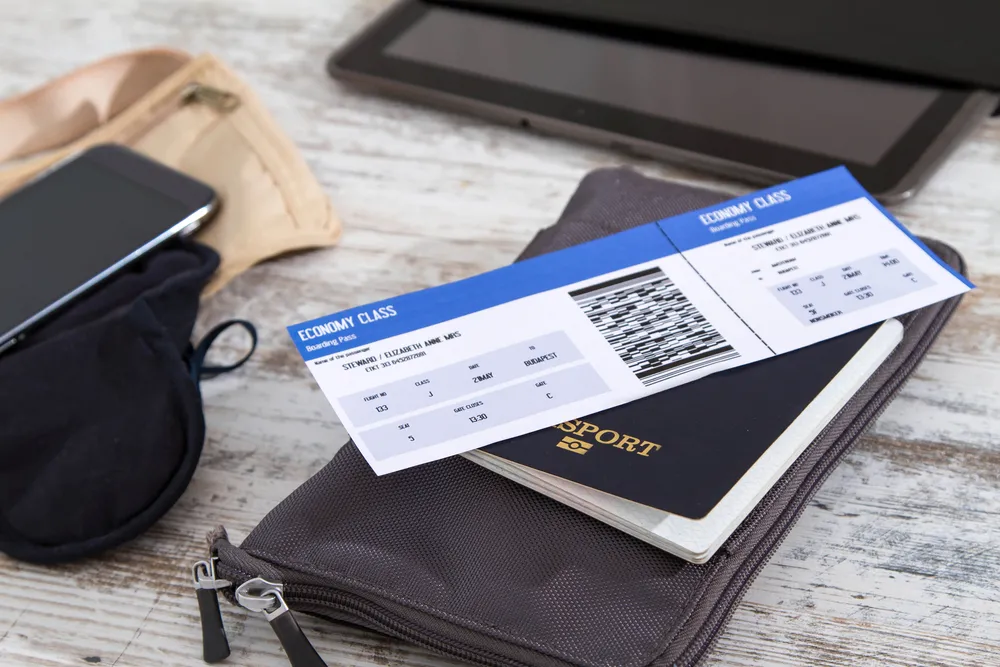
Checking in online is a simple step that can save you both time and money. Many airlines offer discounted rates or waive certain fees for passengers who check in before arriving at the airport. Travel expert Rick Steves advises that online check-in can help you avoid long lines and better secure your preferred seating options. This small act can significantly impact your overall travel experience, making it more enjoyable and less stressful. Plus, it gives you one less thing to worry about when you get to the airport.
Skipping online check-in can lead to delays and even additional costs. Arriving at the airport without having checked in can result in long wait times at the ticket counter or kiosk. In worst-case scenarios, you may find that your flight is overbooked and you’re bumped to a later one. That can lead to unexpected expenses, from meal costs to accommodation. Make it a habit to check in online to dodge these avoidable headaches.
4. Underestimating Security Lines
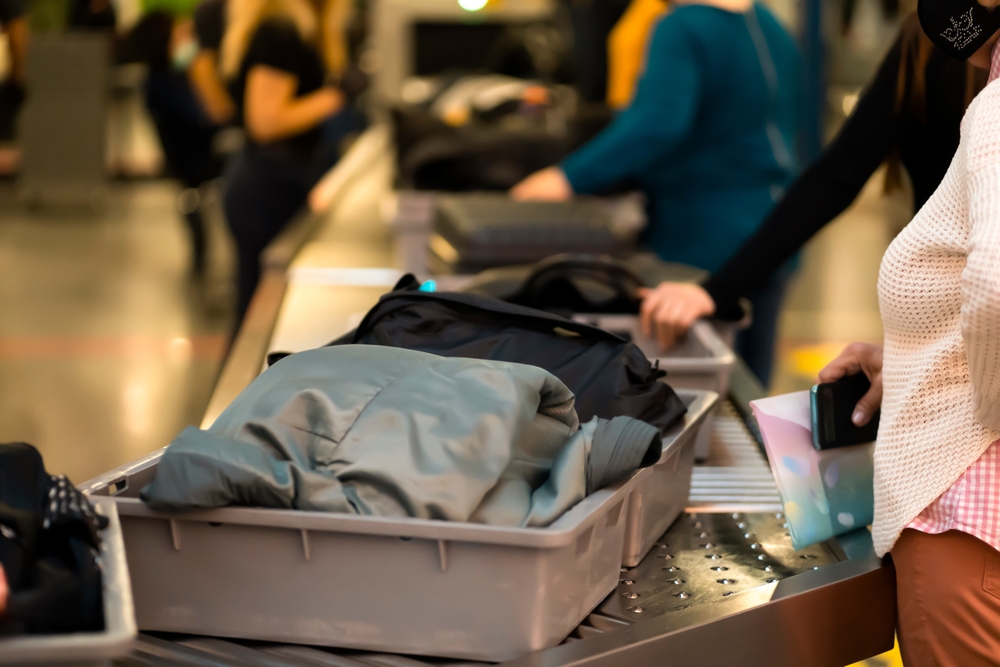
Security lines can be notoriously unpredictable, and underestimating them can lead to missed flights. Depending on the time of day and the airport, you could be facing a wait time of 20 minutes or two hours. Arriving at the airport early gives you a buffer for these unpredictable variables. Aim to arrive at least two hours before a domestic flight and three for international journeys. It’s always better to have extra time to relax once you’re past security than to be rushing in a panic.
Besides, long security lines can also be a stress trigger, affecting your travel experience. Rushing through security can cause anxiety, which is a surefire way to start your journey on the wrong foot. Take advantage of every opportunity to expedite the process. Programs like TSA PreCheck or Global Entry can make a considerable difference. They are worth considering if you travel frequently and dread the thought of long waits.
5. Not Having an Organized Carry-On
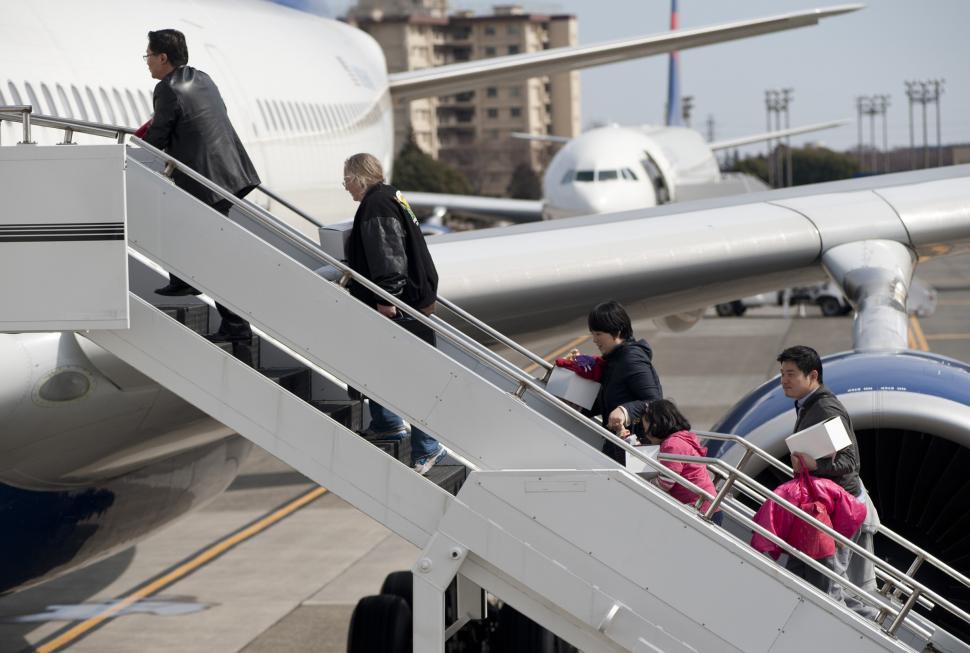
An organized carry-on can be your lifesaver when flights are delayed or luggage is lost. Having essentials like medications, a change of clothes, and important documents easily accessible is crucial. Travel expert Pauline Frommer suggests that a well-organized carry-on can alleviate stress and save you money. If your checked luggage goes astray, you’ll have what you need to manage in the meantime. This foresight can make an otherwise frustrating situation more manageable.
A disorganized carry-on can cost you time and money. Searching for tangled headphones or lost boarding passes can delay you and annoy fellow travelers. Moreover, not having essential items handy can force you to make unnecessary purchases at inflated airport prices. Being organized allows you to focus on enjoying your journey rather than managing chaos. Take the time to pack thoughtfully and reap the benefits of a smooth travel day.
6. Forgetting to Factor in Transportation Costs

Transportation costs are an often-overlooked aspect of travel that can quickly add up. Whether it’s a taxi, rideshare, or public transit, getting to and from the airport is rarely free. Budgeting for this expense in advance can prevent unpleasant surprises upon arrival. Compare different options and consider booking in advance for better rates. Many airports offer shuttle services that are cheaper than taxis or rideshares, so make sure to explore these alternatives.
Failing to plan for transportation can lead to unnecessary expenses. Last-minute rides are often more expensive, especially during peak travel times. Don’t forget that airport parking fees can also be steep if you’re driving yourself. Being prepared ensures a smoother transition from airport to final destination. Make a checklist of your transportation plans to avoid any costly mistakes.
7. Succumbing to Airport Food Temptations

Airport food is notoriously expensive, yet the convenience can often tempt even the most budget-conscious travelers. With limited options and high demand, concessions within the terminal can charge premium prices. According to a report from CNBC, eating at the airport can cost up to 40% more than a meal outside. Packing snacks or a meal from home can save you a significant amount of money. This not only helps your wallet but often provides healthier, more satisfying options.
Beyond the financial cost, airport food can negatively impact your travel experience in other ways. Fast food options are often high in calories and low in nutritional value, leaving you feeling sluggish. Moreover, the time you spend waiting in line could be better spent relaxing or preparing for your flight. If you decide to indulge, do so mindfully and keep your overall travel budget in perspective. A little planning goes a long way in avoiding these pitfalls.
8. Skipping Travel Insurance

Travel insurance may seem like an unnecessary expense, but skipping it can be a costly mistake. It provides a safety net for unexpected events such as flight cancellations, medical emergencies, or lost luggage. Without it, you could find yourself facing substantial out-of-pocket expenses. Assess your travel needs and decide if insurance is right for your trip. Often, the peace of mind it provides is well worth the cost.
Lack of travel insurance can lead to financial strain if things go wrong. Even a minor medical issue can result in exorbitant medical bills, especially when traveling internationally. Unexpected cancellations or delays can wreak havoc on your plans, leaving you scrambling to recoup costs. Consider that travel insurance can also cover non-refundable expenses in case of sudden changes. Thinking ahead can save you from unnecessary stress and financial hardship.
9. Overlooked Currency Exchange Fees
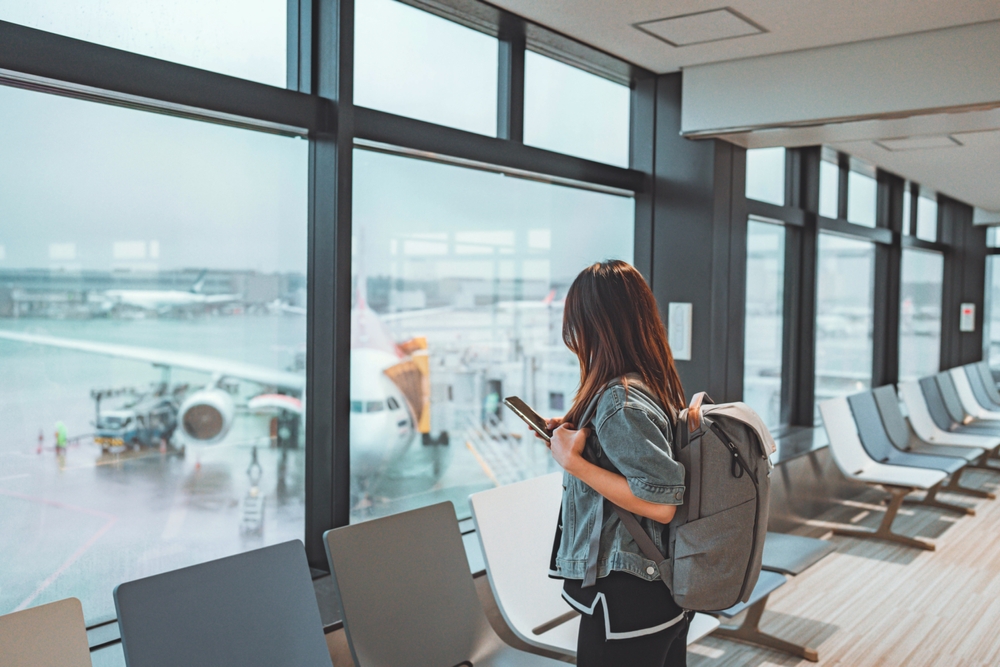
Ignoring currency exchange fees can lead to unnecessary expenses while traveling abroad. Many travelers inadvertently spend more by using airport exchange services, which often have unfavorable rates. Researching and planning ahead can help you avoid these high fees. Consider using your bank or credit card for better rates, or exchange currency before arriving at the airport. Being aware of these charges can help you manage your travel budget more effectively.
In addition to exchange fees, international transactions can sometimes incur hidden costs. Always be mindful of foreign transaction fees that can add up over the course of your trip. Some credit cards offer no foreign transaction fees, making them an excellent choice for international travel. Awareness is the first step to preventing unexpected costs. By planning ahead, you can ensure that currency exchange doesn’t become a drain on your finances.
10. Overlooking Loyalty Programs
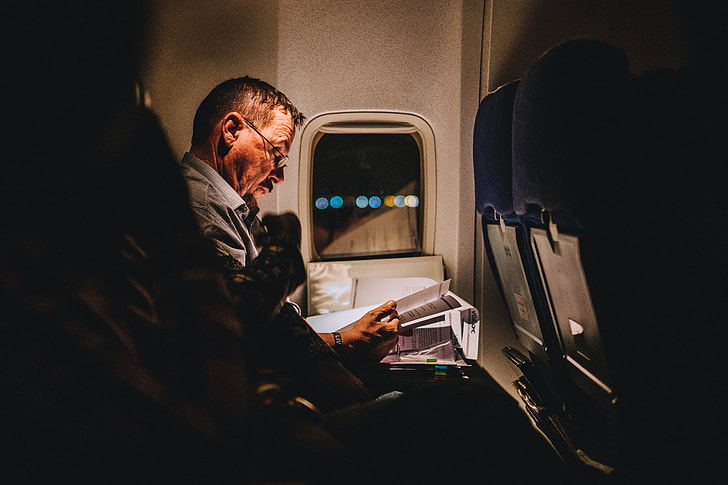
Loyalty programs provide opportunities for savings that many travelers overlook. From frequent flyer miles to hotel rewards, these programs can offer considerable benefits. It’s worth signing up for these often-free programs even if you don’t travel frequently. Points can accumulate over time, leading to significant savings on future travel. Understanding and utilizing these programs can enhance your travel experience while keeping costs down.
Neglecting loyalty programs can mean missing out on valuable perks. These can range from seat upgrades to free checked bags and priority boarding. The more you travel, the more rewards you can accumulate, resulting in a better travel experience. Don’t let the potential complexity deter you from exploring these options. The benefits often outweigh the effort, making your travel both more affordable and more enjoyable.
11. Failing to Compare Flight Options

Booking the first flight option you find can lead to overspending. With numerous airlines and flight search engines available, comparing prices is easier than ever. It’s crucial to take the time to explore different options and find the best deal. Factors such as layovers, travel times, and additional fees should also be considered. Spending a little extra time researching can result in significant savings.
Ignoring the benefits of a thorough search can cost more than just money. It can also result in a less convenient travel experience. Choosing a flight with multiple layovers to save a few bucks might not be worth the hassle. Balance cost with convenience to ensure a pleasant journey. Use comparison websites and apps to find the best options and make an informed choice.
12. Neglecting to Read the Fine Print

Fine print is often overlooked but can contain important information impacting your travel. From baggage fees to cancellation policies, these details can significantly affect your costs. Ignoring them can lead to unexpected expenses and frustration. Make it a habit to review all terms and conditions before booking flights or accommodations. This level of diligence can save you headaches and money in the long run.
Understanding the fine print empowers you to make better travel decisions. You may discover hidden fees or restrictions that could influence your choice of airline or hotel. Being aware of these details allows you to avoid costly surprises. You’ll also be better equipped to handle any issues that arise during your trip. Take the time to read and understand the fine print to travel smarter and more confidently.
13. Not Accounting for Time Zone Changes

Time zone changes can be tricky and, if not accounted for, can lead to missed flights or connections. An incorrect time calculation could mean arriving late at the airport or missing a scheduled meeting. Always double-check your itinerary against the local time zones. Technology can assist with this, as many smartphone apps automatically update to the local time. Staying aware of these changes can prevent unnecessary stress and additional costs.
Overlooking time zone differences can have a domino effect on your travel plans. Arriving at the wrong time may result in missed tours, reservations, or even an entire day lost. This could lead to additional expenses as you try to catch up or rebook. Use tools like world clocks or time zone converters to stay on track. Being mindful of these differences ensures a smoother and more enjoyable travel experience.
This article is for informational purposes only and should not be construed as financial advice. Consult a financial professional before making investment or other financial decisions. The author and publisher make no warranties of any kind.








